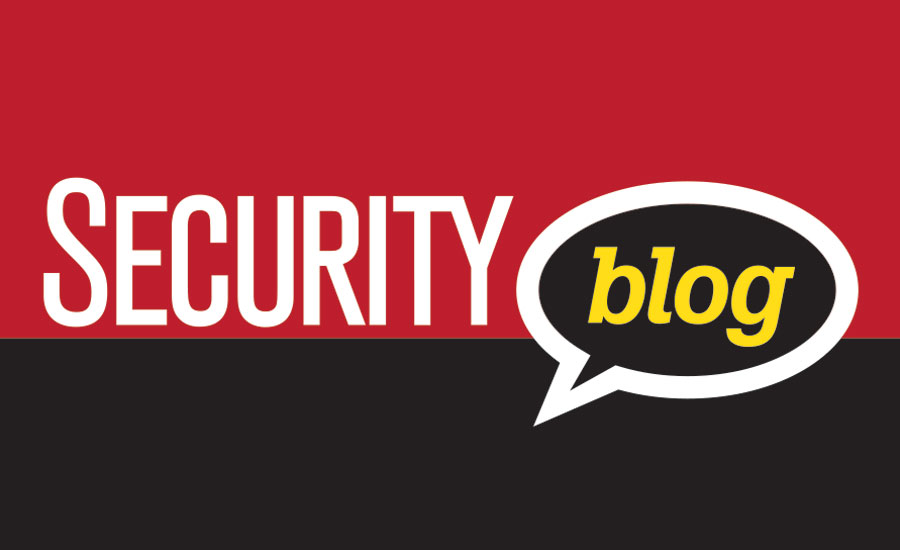The COVID-19 virus may have started in China, but its effects are spreading across the globe – in various forms beyond the virus itself. In addition to the tragic loss of life it has already claimed, the virus’ impact on the business world has been far-reaching.
To date, eyes have been on HR and IT teams to devise internal communications and remote working solutions in response to the virus. But, as the situation escalates, security directors have perhaps the toughest job of all; how to ensure employees remain supported on the road, while keeping operations moving as much as possible. Of course, that means making some incredibly important decisions around business travel. And that’s why many are choosing to work with travel management companies to help get them through this difficult time.
For some organizations, a complete travel ban might be put in place, but for many, it just isn’t feasible – and could significantly impact the business. Business travel is imperative to the way many organizations operate, stay productive and keep competitive. But navigating business travel while helping employees that need to travel at the moment requires incredibly robust travel management processes. How to decide which routes to lock down? How to let a mobile workforce know travel to certain regions is no longer an option? How to get staff home from an affected area?
If companies don’t have the right processes in place to address this now, there’s no time to build them up from scratch.
Whether it’s a reaction to a drastic situation, or the start of a longer-term partnership, this is where travel management companies can really add value to a company. Managing an evolving crisis situation requires speed, global knowledge and flexibility – today, hotels and airlines are being forces to update inventory and policies quickly to adhere to new restrictions and the spread of the virus. Keeping up is a challenge and partnering with a travel management company gives security directors reassurance they have the most up to date information to make the right decisions for their business and employees at the needed speed.
This is critical, communication is key first and foremost during a state of global uncertainty. It must be two-way, regular and relevant. Employers need to know where staff are, and employees need the latest advice on whether to stay put – or how to get home – based on the situation in their current location. Working with global travel companies means communicating with traveling employees in real-time, with information that’s relevant to their current location, to keep them safe and informed.
Furthermore, in the absence of a complete ban, policies can evolve based on the latest information around safe travel routes – whether that’s putting a new ban in place or preparing for an existing one to lift. Travel companies have the insight and capabilities to offer this flexibility, as well as the ability to execute on policies in real-time. For example, if a previously safe route becomes a risk, a travel manager at a company could easily adjust their travel policy so that route is out of policy or no longer bookable.
Ultimately, tackling business travel in the current landscape is too big a job for security directors to tackle alone. Get it wrong and employees are at risk. Travel management companies already have the global presence, necessary skills, processes and tools to get a travel program in place immediately. Working with them means taking full advantage of their existing capabilities, running a program that will keep the business operational, while safeguarding employees on the road.

